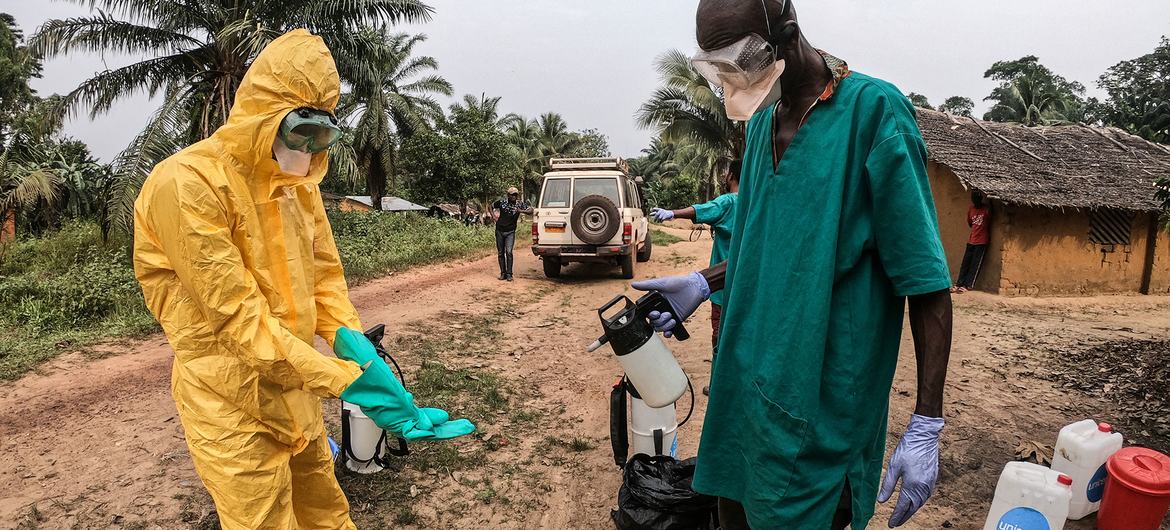A combination of health system gaps, favorable climatic conditions, and geographical location of Uganda has created an environment conducive to disease outbreaks and the prevalence of preventable illnesses, according to health experts.
Records from the Health Ministry for the year 2023 reveal a pattern consistent with previous years in terms of the frequency of disease outbreaks. Despite the limited number of people affected and the constrained spread, the country faced several challenges in managing public health concerns.
At the beginning of 2023, the Health Ministry declared the end of the Sudan Ebola virus outbreak, which saw 164 cases and 55 confirmed deaths. However, this victory paved the way for other health challenges. Government scientists investigated six disease outbreaks, including measles, rift valley fever, cholera, anthrax, cassava cyanide poisoning, and suspected rotavirus outbreak.
These incidents, reported between January and November 2023, were successfully contained, with the impact localized to specific districts. The country’s Health Minister, Dr. Jane Ruth Aceng, attributes the prevalence of diseases to the favorable climate supporting both human and microbial life.
A 2018 report by Anthony Mbonye in the Lancet highlighted Uganda’s frequent disease outbreaks, emphasizing the occurrence of viral hemorrhagic fevers and other preventable diseases.
Despite ongoing efforts by Ugandans studying health sciences, the situation hasn’t seen significant improvement. Dr. Alex Ario, head of the Uganda National Institute of Public Health (UNIPH), acknowledges the complexity of disease prevention due to increased human-animal and human-forest interactions.
While Uganda is better prepared to respond to outbreaks than in the past, challenges persist, such as the shortage of trained personnel and limited funding, leading to reliance on external donors.
The inability to determine the actual source of the Ebola outbreak in Mubende in 2022 remains a concern for preventing future occurrences. Poor coordination and reliance on alternative healing methods were cited as contributing factors to high Ebola death rates.
Cross-border transmission from neighboring countries further complicates Uganda’s battle against disease outbreaks. The recent anthrax outbreak in Kyotera exemplifies the impact of delayed detection due to confusion and reliance on traditional healing practices.
Despite these challenges, health authorities stress the importance of prevention to reduce the financial burden of treatment. The successful management of COVID-19, with 26 million vaccine doses administered, showcases Uganda’s resilience in handling health crises.




















